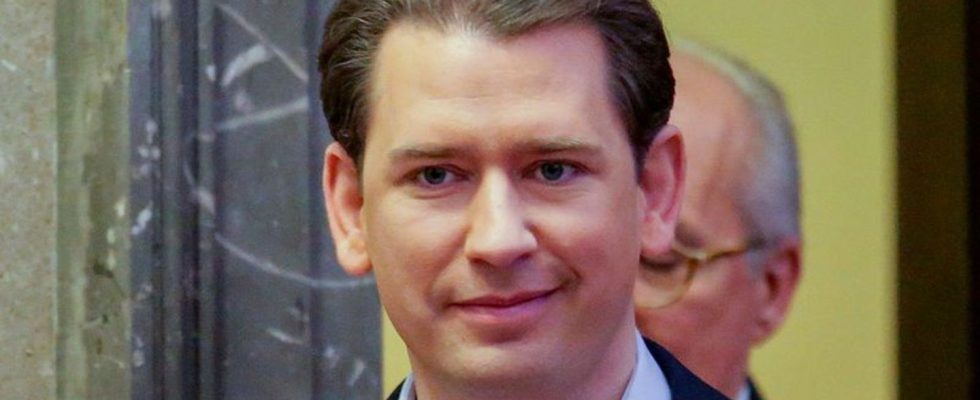Affairs
Trial against Austria’s ex-Chancellor Kurz continues
Austria’s former chancellor Sebastian Kurz appears before the Vienna regional court on what is expected to be the last day of the trial. photo
© Heinz-Peter Bader/AP/dpa
The expected last day of the trial against Austria’s ex-Chancellor Sebastian Kurz has begun. At the start, the 37-year-old was exceptionally taciturn towards the media.
In contrast to many other days in the trial, this time Kurz did not make a statement before the start of the hearing. He is accused of downplaying his role in appointing a confidant to head the state holding company Öbag before the Ibiza investigative committee. When he testified before the parliamentary committee in the summer of 2020, he gave the impression that he was only informed about the top personnel but did not actively intervene himself. From the prosecutor’s perspective, chats that emerged later gave a different impression.
The 37-year-old, who now works as an entrepreneur after his resignation and fundamental departure from politics at the end of 2021, has always emphasized his innocence. From 2017 to 2019 he headed a coalition between the ÖVP and the right-wing FPÖ. This alliance collapsed over the Ibiza affair, which raised questions about the government’s vulnerability to corruption. From 2020 to 2021, Kurz led an alliance between the ÖVP and the Greens.
Aside from the current trial, the ex-chancellor is threatened with a second trial. In the so-called advertising affair, the then head of government and his team are said to have commissioned fake surveys with taxpayer money. They are also said to have hoped for well-meaning coverage by placing advertisements in various media. The investigation into suspicion of bribery, corruption and breach of trust is underway against a total of ten suspects.

